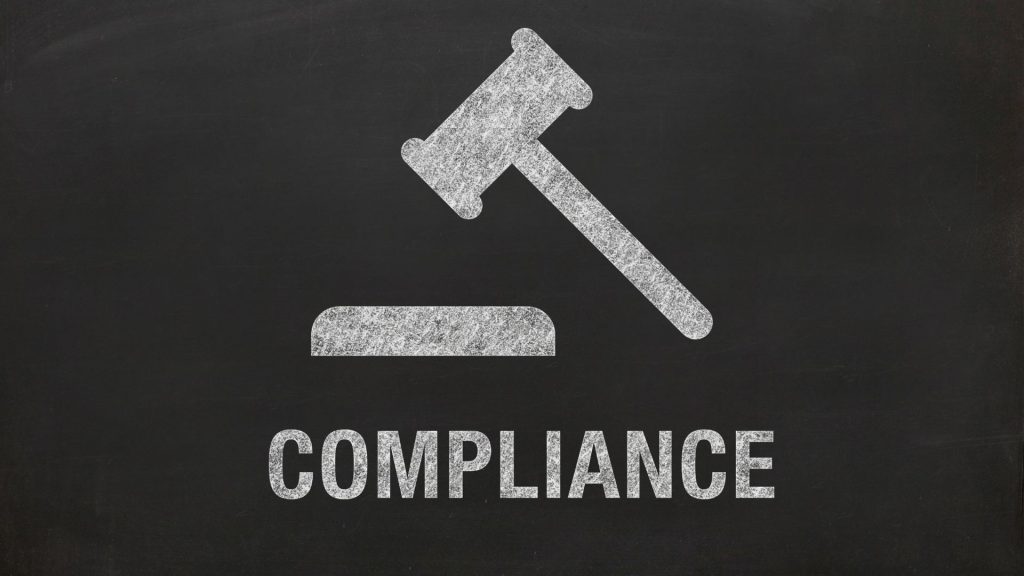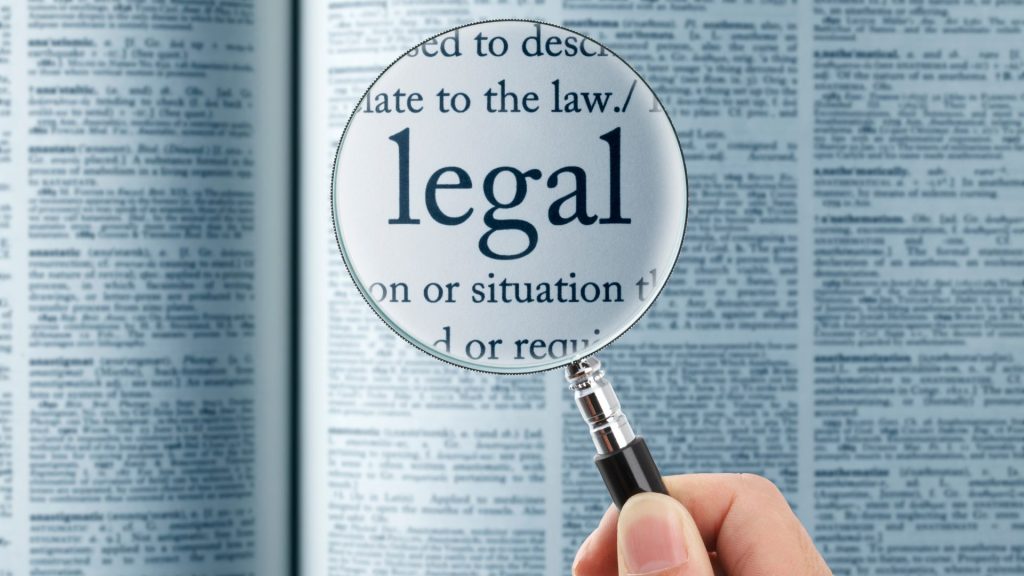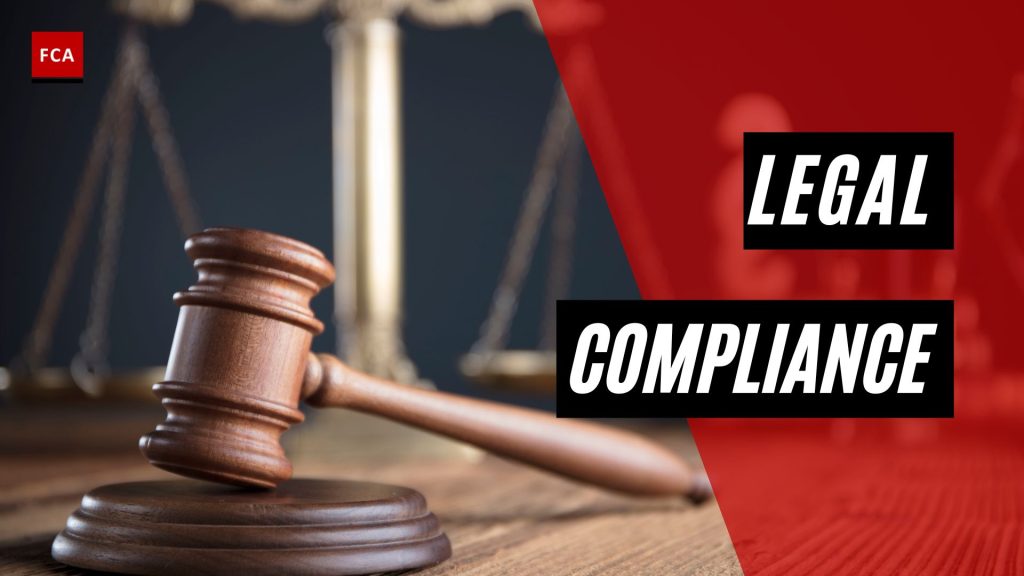Legal compliance is a rather broad notion and includes legal work within the company, such as corporate legal relations and labor legislation, support of a company in relations with counterparties and customers, and representation before the state authorities.
Legal checking is to be conducted in the following areas:
- Compliance of the performed activity with the requirements of the law
- Legal support of internal processes in the company
- Preservation of trade secrets and confidential information of the company
- Checking off a counterparty before establishing business relations
- Legal support of internal processes in the company
- Registration of agreements between the founders

The company’s activity is often threatened with termination because of conflicts between members. The legislation allows for concluding a corporate agreement to regulate the relations between partners.
A corporate agreement is an agreement under which the company members commit themselves to exercising their rights and powers in a certain way or refrain from exercising them. The content of a corporate agreement is not subject to disclosure. It is confidential, so it can contain provisions that are not specified in the statute and decisions of the general meeting of members.
A typical corporate agreement may include the internal management system, requirements for attracting partners, issues of profit distribution, sanctions for the breach of the terms of the agreement, etc.
Building Legal Compliance Relations with Employees
While conducting legal compliance, keep in mind that problems in the company can arise not only because of unscrupulous counterparties but also because of employees, which often leads to litigations and jeopardizes the company’s reputation.
The Labor Code of Ukraine was adopted in Soviet times and is not adapted to today’s risks that employers may face in relations with employees.
Article 139 of the Code establishes the obligation of an employee to work honestly, to timely and accurately follow the orders of the owner or authorized body, to comply with the labor and technical discipline, the requirements of labor protection regulations, to carefully treat the property of the owner with whom the employment agreement is concluded.
Therefore, to prevent conflicts with employees in the future, we recommend that the company develops and approve the following local regulations:
- Typical employment agreements with employees
- Typical agreements on full material responsibility
- Job descriptions
- Rules of internal labor regulations
- Provisions on structural divisions of the company
- Provisions on bonuses
- Code of ethical conduct of employees
- A policy of prevention, detection, and management of conflicts of interest
- Procedure for processing and protection of personal data

Preservation of a Trade Secret and Confidential Information of the Company
The issue of access to and use of data that constitute a trade secret and confidential company information should be settled with employees and their counterparties.
As far as employees are concerned, this issue can be addressed by developing and approving trade secrets and confidential information provisions.
In this situation, it is necessary to specify the following:
- Definition of the terms «a trade secret,» «confidential information,» and «information that does not relate to a trade secret and confidential information»
- Procedure for access to data constituting a trade secret and confidential information
- Procedure for storage and use of a trade secret and confidential information
- Responsibility for disclosing data that constitutes a trade secret and confidential information
In addition to this provision, a non-disclosure obligation model, which each employee signs while being hired, should be approved. While working with counterparties, you should have a typical non-disclosure agreement, which potential partners will sign before discussing all the details.
Compliance of the Performed Activity with the Requirements of the Law
Depending on the industry in which the company operates, certain legal requirements are imposed on it.
If you are a subject of primary financial monitoring, you must comply with the requirements of the legislation on preventing and combating the legalization of proceeds of crime. Your company must develop and approve internal documents that regulate the procedure for proper checking of a customer, identification, verification, and determining PEPs.
In the field of construction, it must be ensured that compliance with the relevant license conditions, urban planning conditions and restrictions, and other documentation adopted by the local authorities of the region is met.
No matter what industry your company belongs to, the main thing is to correctly define the legislation which you have to comply with and the regulator – the state body that has the right to conduct inspections, to impose fines in this industry. Bringing the activity in line with the requirements of these laws and authorities will help prevent unwanted problems.

Checking the Activity of a Counterparty before Establishing Business Legal Relations
To reduce future claims risks, you should focus on working with a potential counterparty, partner, or customer before concluding an agreement with them or formalizing legal relations in another way.
We recommend including official sources of the state authorities in the monitoring system.
- For example, if you know the name or identification code of a counterparty-legal entity, you can enter it in the search and will see the lawsuits and criminal proceedings that your potential counterparty is involved in.
- If the URCD identifies only legal entities involved in cases, then on the website of the judicial power, in the section «Status of Proceedings,» you can enter the full name of an individual and see the number of court cases in which they are a party. Then, in the URCD, by the case number, it will be possible to find out its essence and, accordingly, to determine whether its presence will be able to affect future business relations negatively.
This register displays information about real estate, its owners, users, and registered encumbrances. This source will be useful for understanding whether the third parties have rights to real estate if it is to become the subject of your agreement in the future.
It contains information about economic entities, non-governmental and non-profit organizations, their founders, ultimate beneficial owners, executives, and the size of the authorized capital. With the help of a paid request, the history of a counterparty can be found. The automated system of enforcement collects customer information related to enforcement proceedings, debt collectors, and debtors. It is determined whether the person has the status of a debtor and, accordingly, determines their reliability.
Final Thoughts
Legal compliance refers to the process by which businesses, customers, vendors, and employees adhere to internal, state, and federal laws and regulations. The goal of an ongoing legal compliance program is to protect the organization and its key personnel from excessive fines and unfavorable litigation.









